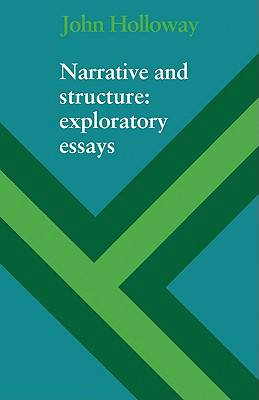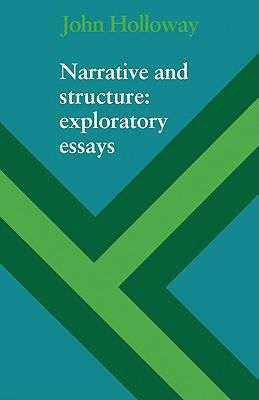
Bedankt voor het vertrouwen het afgelopen jaar! Om jou te bedanken bieden we GRATIS verzending (in België) aan op alles gedurende de hele maand januari.
- Afhalen na 1 uur in een winkel met voorraad
- Gratis thuislevering in België vanaf € 30
- Ruim aanbod met 7 miljoen producten
Bedankt voor het vertrouwen het afgelopen jaar! Om jou te bedanken bieden we GRATIS verzending (in België) aan op alles gedurende de hele maand januari.
- Afhalen na 1 uur in een winkel met voorraad
- Gratis thuislevering in België vanaf € 30
- Ruim aanbod met 7 miljoen producten
Zoeken
€ 64,95
+ 129 punten
Omschrijving
John Holloway is probably best known for his work on Shakespeare and on the Victorian and modern periods; this 1979 book represents an extension of his interests hitherto. Though not intended as mathematical analyses of fiction or drama, the essays here have evolved largely by allowing broad mathematical concepts to suggest original lines of argument in the critical analysis of narrative structure. Among the authors to come under detailed consideration are Boccaccio, Racine, George Eliot, Dostoevsky, Chekhov, and Henry James, as well as several more recent English novelists, and the tendency of the book as a whole is to invite application of the critical approaches that it explores to a still wider range of literary works. Professor Holloway also considers some fundamental issues relating structural analysis to the concerns of the literary critic, and he includes appendices on methods of analysing political oratory, and on the idea of the transformation rule as an aid to the critical discussion of poetry.
Specificaties
Betrokkenen
- Auteur(s):
- Uitgeverij:
Inhoud
- Aantal bladzijden:
- 168
- Taal:
- Engels
Eigenschappen
- Productcode (EAN):
- 9780521137041
- Verschijningsdatum:
- 25/02/2010
- Uitvoering:
- Paperback
- Formaat:
- Trade paperback (VS)
- Afmetingen:
- 140 mm x 216 mm
- Gewicht:
- 217 g

Alleen bij Standaard Boekhandel
+ 129 punten op je klantenkaart van Standaard Boekhandel
Beoordelingen
We publiceren alleen reviews die voldoen aan de voorwaarden voor reviews. Bekijk onze voorwaarden voor reviews.









